Hematological Disorder

Coagulopathy is a condition in which the blood’s ability to clot is impaired, leading to either excessive bleeding (hemorrhage) or the formation of abnormal blood clots (thrombosis).
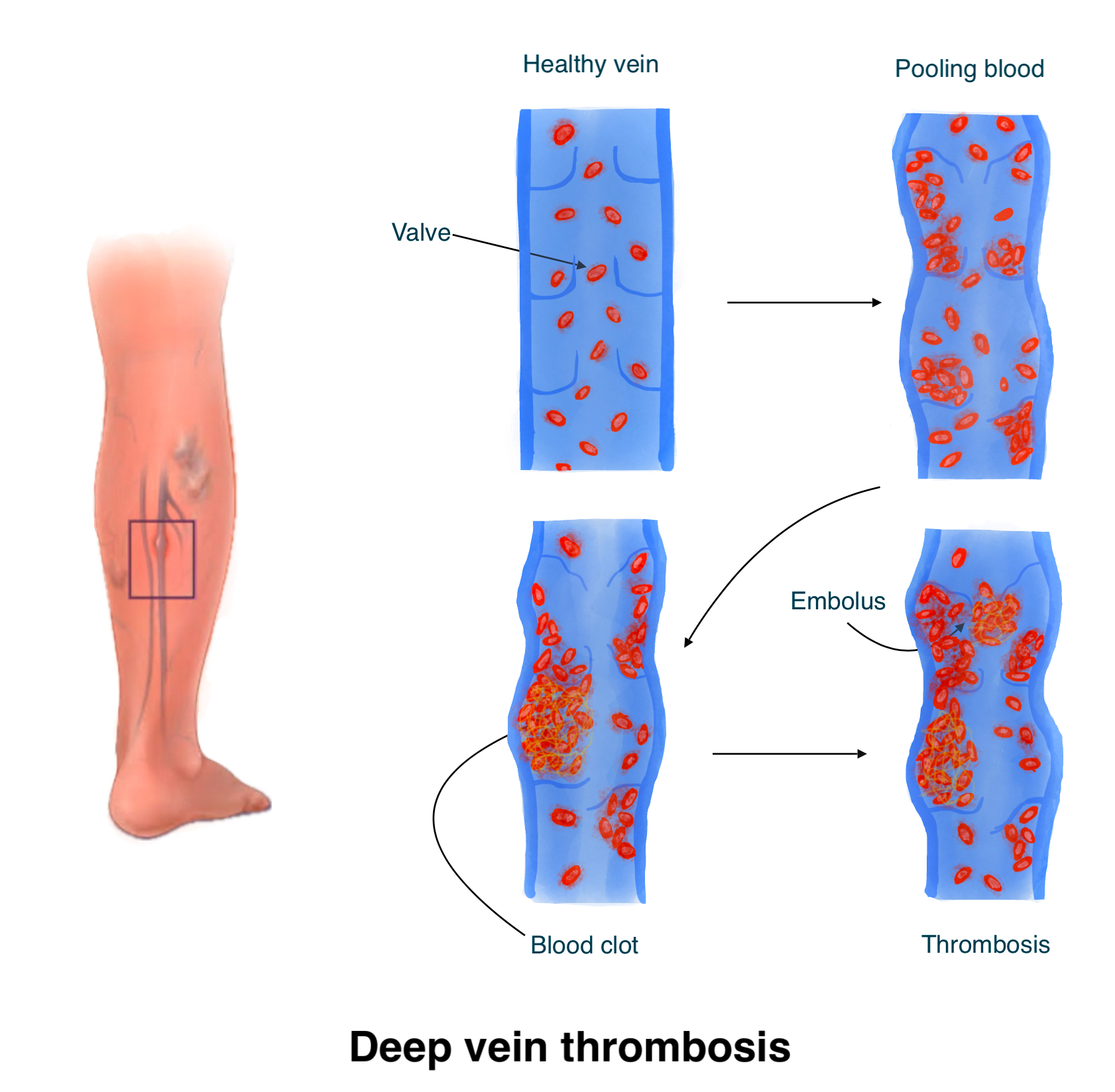
DVT is when a blood clot forms in one of the deep veins, usually in the leg. It can be serious because the clot can break loose and travel to the lungs, causing a pulmonary embolism (PE), which is life-threatening.
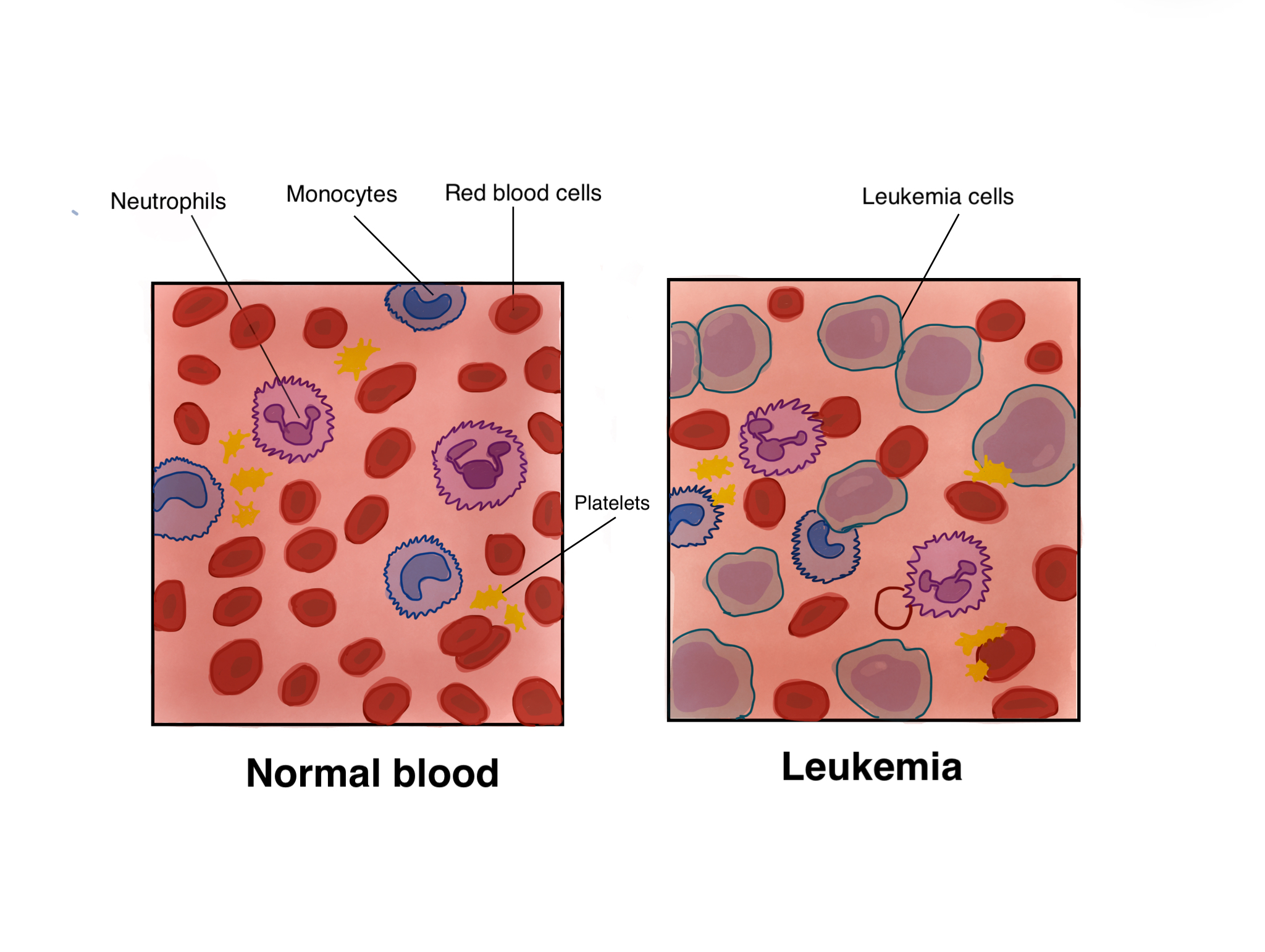
Leukemia is a type of cancer that affects the blood and bone marrow, leading to an increase in abnormal white blood cells. It can develop acutely or chronically, each with different characteristics:
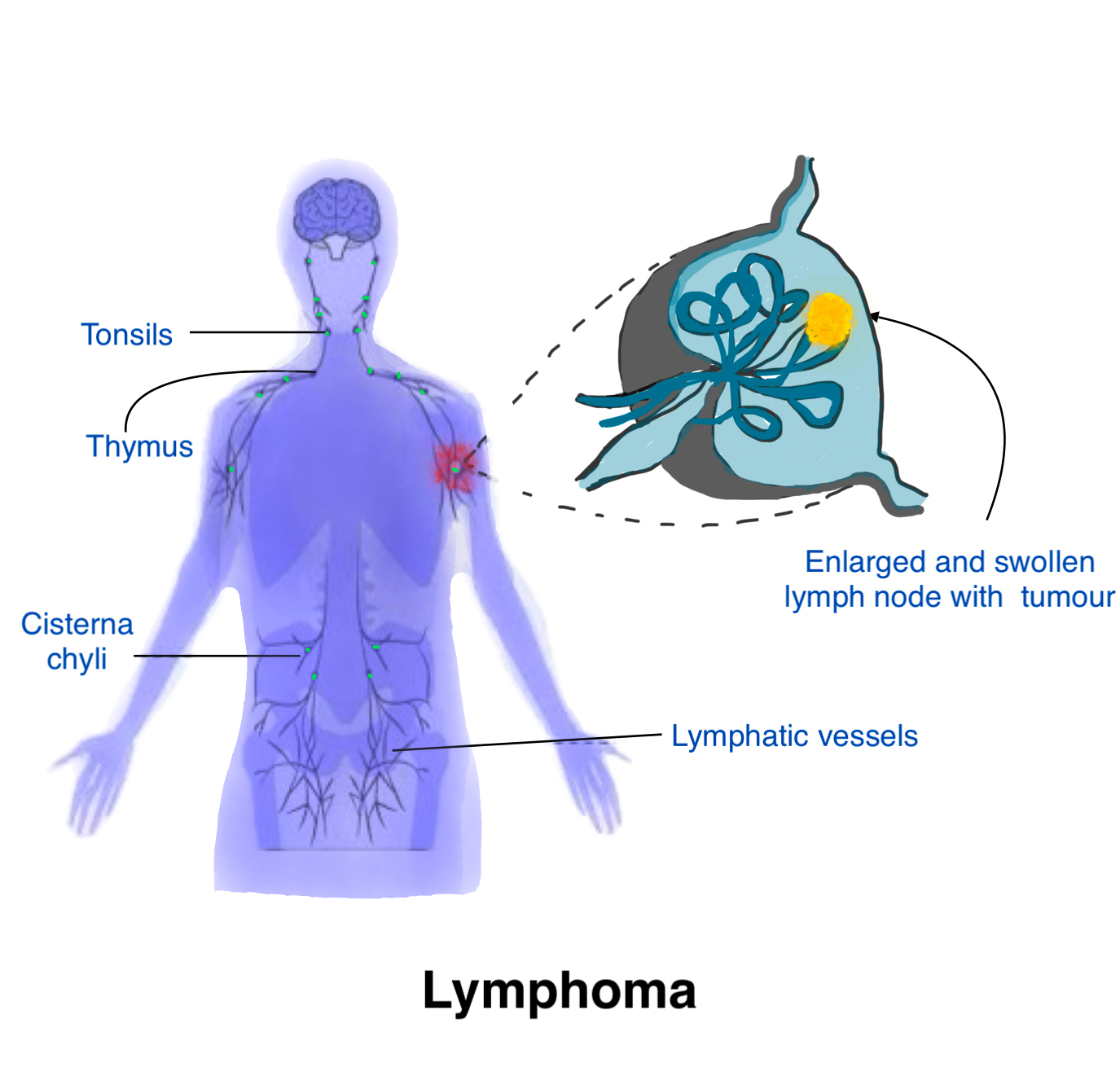
Lymphoma is a type of cancer that starts in the lymphatic system, which is part of the body’s immune system. It affects the lymph nodes, spleen, bone marrow, and other organs.
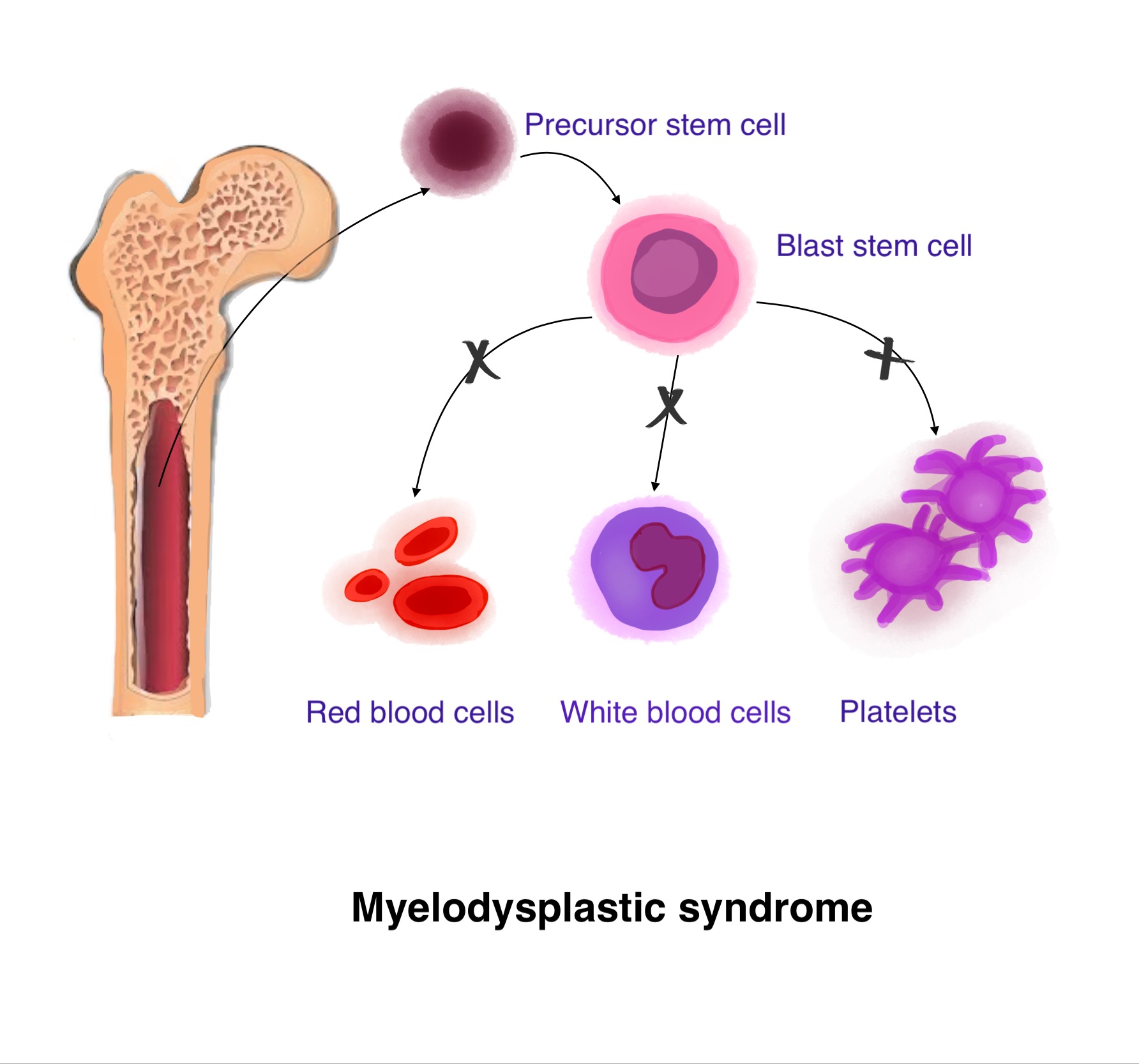
Myelodysplastic Syndromes (MDS) are a group of blood cancers that affect the bone marrow, leading to abnormal blood cell production. In MDS, the bone marrow produces immature or defective blood cells that don’t function properly, resulting in anemia, infections, and bleeding problems.
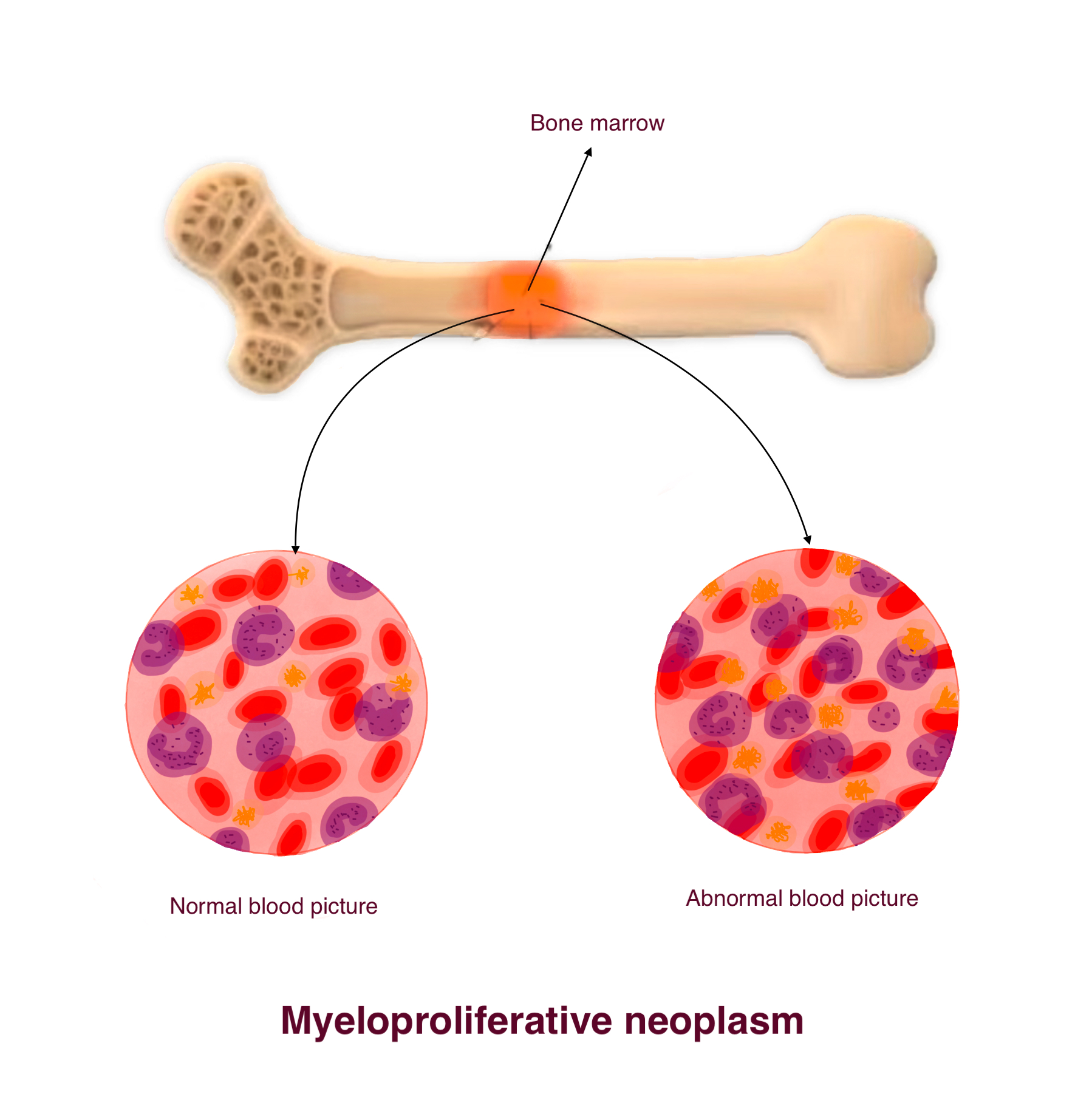
Myeloproliferative Neoplasms (MPNs) are a group of rare blood cancers characterized by the overproduction of blood cells in the bone marrow.

